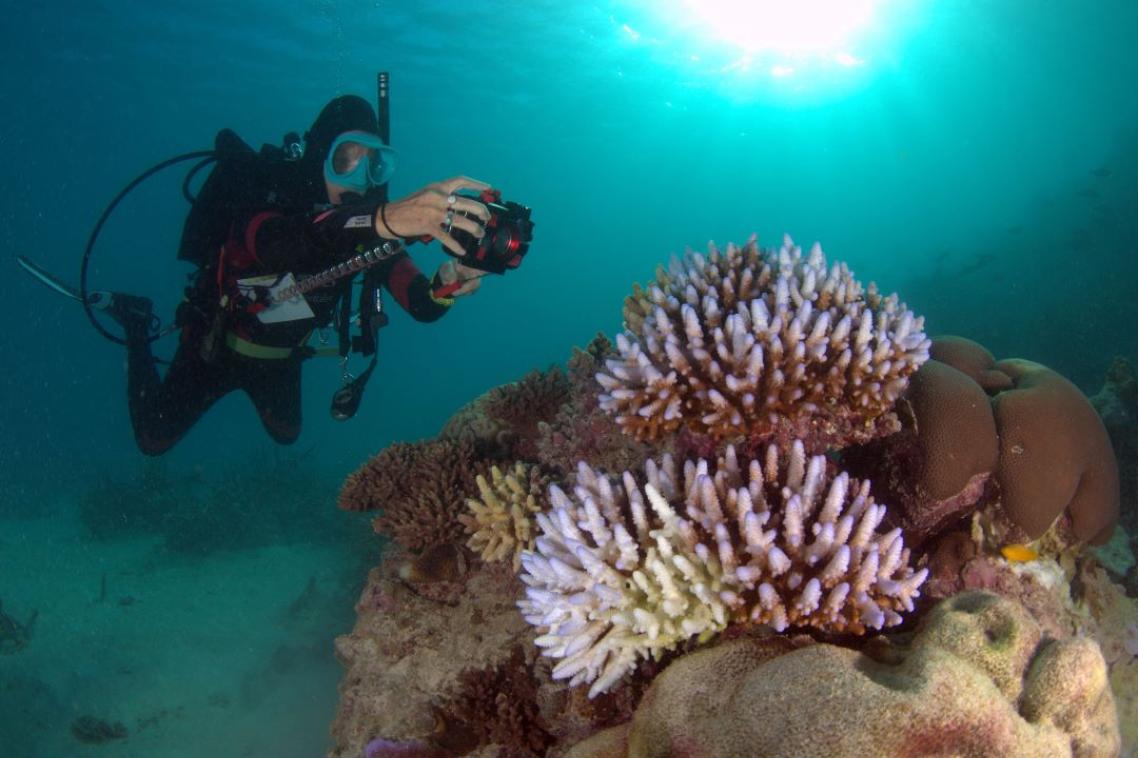Women's health worse in regional areas
A new national report shows that women living in regional and remote areas experience poorer health than their city counterparts.
The further women were from major cities, the more likely they were to suffer from obesity and the obesity-related conditions of diabetes and hypertension, said Professor Annette Dobson of The University of Queensland, director of the Australian Longitudinal Study on Women’s Health.
“Among the other significant findings, the study showed that women in rural and remote areas turned to alternative medicine more than their city counterparts: and that life satisfaction and neighbourhood connectedness were greatest in remote areas," Professor Dobson said.
The latest report from the study Rural, remote and regional differences in women’s health: Findings from the Australian Longitudinal Study on Women’s Health, examines differences in women’s health. It also examines women’s access to and use of health services according to where they live in Australia.
ALSWH co-director Professor Julie Byles, from the University of Newcastle, said country women had a much lower use of health and medical services.
They also experienced greater difficulty accessing health services than women in major cities.
“The findings point to a need for greater access to health services for women living in rural and regional areas, especially specialist services,” Professor Byles said.
“The study found that specialist hospital procedures such as hip surgery or caesarean sections were less common as remoteness increased.”
The Australian Government Department of Health and Ageing funds the ALSWH. The Rural, remote and regional differences in women’s health report can be found at www.alswh.org.au.
The study is a collaboration between UQ and the University of Newcastle. It has followed more than 40,000 women since 1996, taking a comprehensive view of all aspects of health throughout their lives.
Media: UQ - Professor Annette Dobson: 07 3365 5346, or Fiona Cameron, UQ Communications, 07 3346 7086
University of Newcastle - Professor Julie Byles: 02 4913 8643; Tess Campbell, 02 4921 8714
Related articles

Thousands of Queensland reef photos lead to worldwide change

Staying physically active cuts risk of early death by 40 per cent
Media contact
UQ Communications
communications@uq.edu.au
+61 429 056 139
